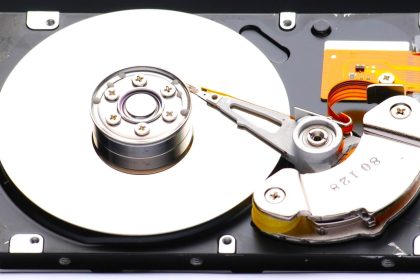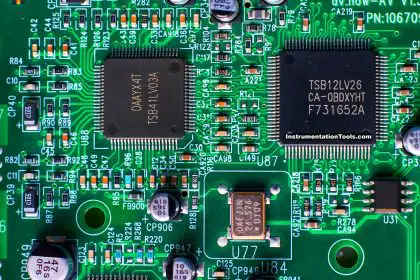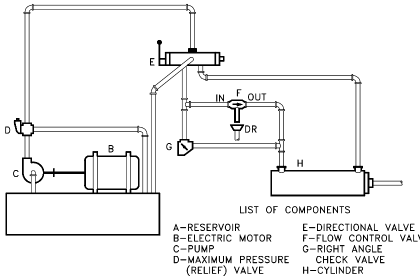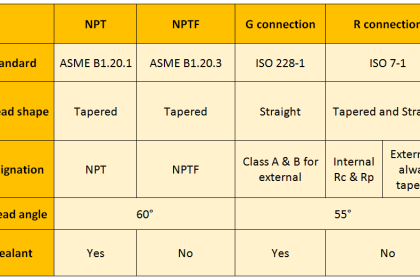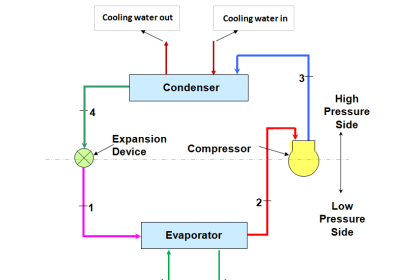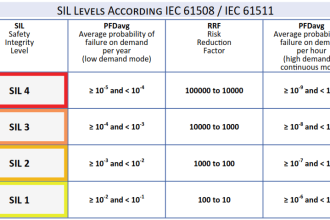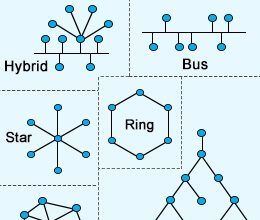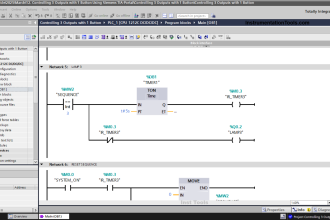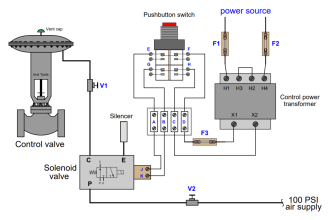Over the past few decades, the tech industry has been growing incredibly. As a result, software engineering has become one of the most highly demanded-fields in the world. But what exactly is software engineering, and what do you learn in this field?
Learn Software Engineering
This article will delve into the fundamentals of software engineering and provide a comprehensive overview of the skills and knowledge needed to prosper in this field.

Programming and Coding
Programming and coding are essential components of software engineering, as they are the core building blocks used to create software solutions. Programming and coding allow developers to create accurate, efficient, and secure software solutions. Without programming and coding, software engineering would be impossible.
Therefore, students need to learn the basics of programming and coding to understand software engineering and how to create software solutions effectively. Additionally, students can utilize custom dissertation writing services to help them through the learning process and understand the concepts more thoroughly.
Algorithms and Data Structures
Algorithms and data structures are essential in software engineering because they provide the core foundations for software development. Algorithms offer a step-by-step approach to solving a problem, while data structures provide the means to store and organize data efficiently and logically.
Together, algorithms and data structures allow software engineers to create complex programs that efficiently process large amounts of data and provide meaningful results. They are essential aspects of software engineering; software development would be much more difficult and inefficient without them.
Database Systems
Database systems are essential in software engineering because they provide a reliable, efficient, and secure way to store, organize, and access data. Database systems are designed to ensure data integrity, meaning that data is accurate, consistent, and reliable. They also provide data security, meaning data is protected from unauthorized access. Finally, they are scalable, meaning they can manage large amounts of data.
Database systems are essential for any software engineering project because they enable software developers to quickly and easily store, organize, and access data while providing data security and integrity.
Software Development Processes and Techniques
Software development processes and techniques are essential in software engineering because they help ensure software applications are developed systematically and consistently. Processes and techniques provide a framework for the development teams to work within, ensuring that all the steps are taken to create a quality product.
They also help reduce the risk of errors, which can be costly. Additionally, processes and techniques help ensure the development process is efficient and cost-effective, as teams can reuse successful processes and techniques in future projects. Finally, they help to ensure that software applications meet customer and industry requirements, as they provide a set of standards that software developers must adhere to.
Computer Architecture
Computer architecture is essential for software engineering students because it gives them an understanding of how computer systems and hardware components interact, a fundamental part of software engineering.
By understanding computer architecture, software engineering students can create more efficient and reliable software. In addition, knowing computer architecture allows software engineers to develop better algorithms and optimize code for improved performance.
Agile and DevOps
Agile and DevOps are essential for software engineering students to understand because they are two of the most critical practices in software development today. Agile is a methodology that emphasizes quick and frequent delivery of minor functionality.
DevOps is a set of practices designed to enable faster and more efficient software delivery. This means that software engineering students need to be familiar with these two processes to keep up with the fast-paced development that is the industry standard.
Agile allows teams to quickly iterate and deliver software in small pieces, allowing quicker feedback. This allows the software to meet customer needs and is bug-free. DevOps, on the other hand, is focused on automating the delivery process, which can help speed up the time to market for software.
By understanding these two processes, software engineering students can develop software faster and more efficiently than ever before. With the proper knowledge, they can create more reliable and secure products that can be delivered quickly and efficiently.
Design Principles
Design principles are also essential for software engineering students because they provide guidelines and best practices for creating a software system. They provide a foundation for software engineering students to base their design decisions and help them develop the most efficient, reliable, and maintainable system possible.
Additionally, they provide a common language for software engineers to communicate with one another, allowing for a more efficient exchange of ideas. Design principles also help ensure that software engineering projects adhere to industry standards so that other developers can easily understand and use the resulting system.
Conclusion
With software engineering becoming increasingly important in the tech industry, students need to understand the fundamentals of the field. This article has provided an overview of the fundamental skills and knowledge necessary to succeed in software engineering, such as programming and coding, algorithms and data structures, database systems, software development processes and techniques, computer architecture, Agile and DevOps, and design principles. With these fundamental concepts, students can develop the skills and knowledge needed to excel in software engineering.

